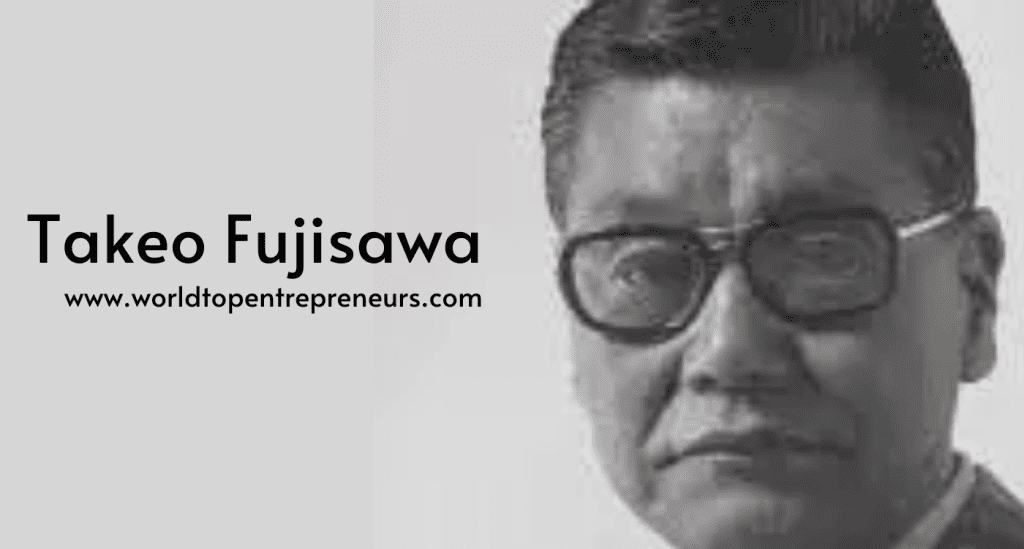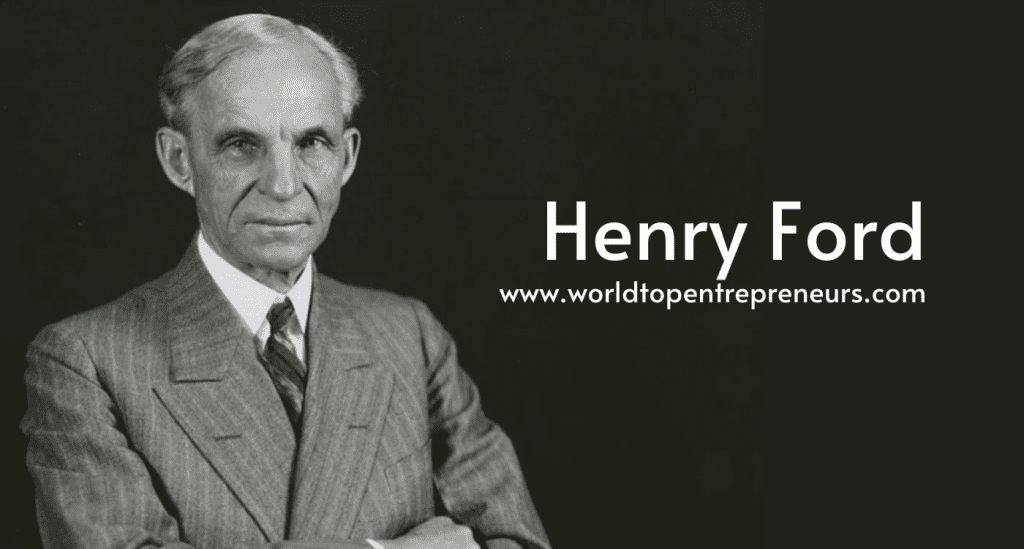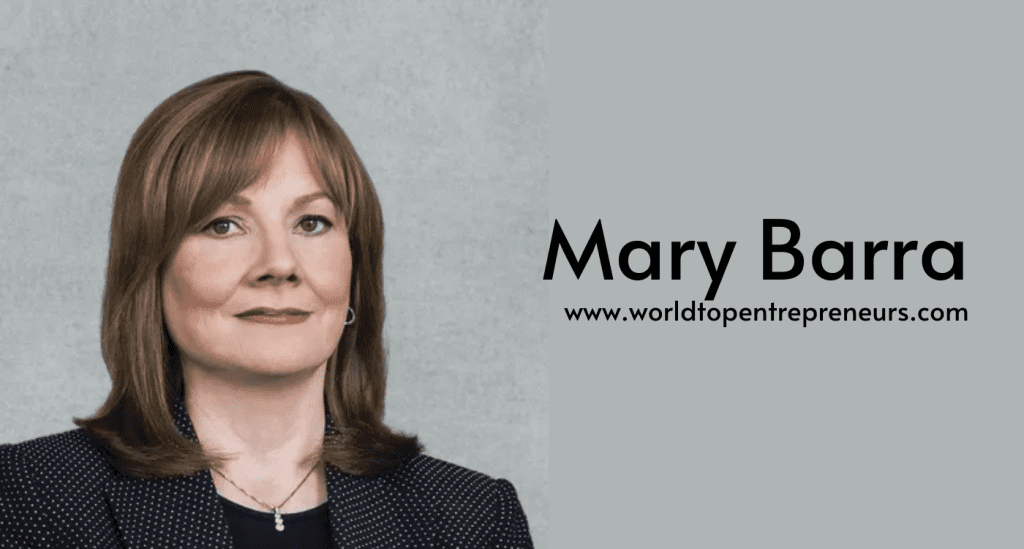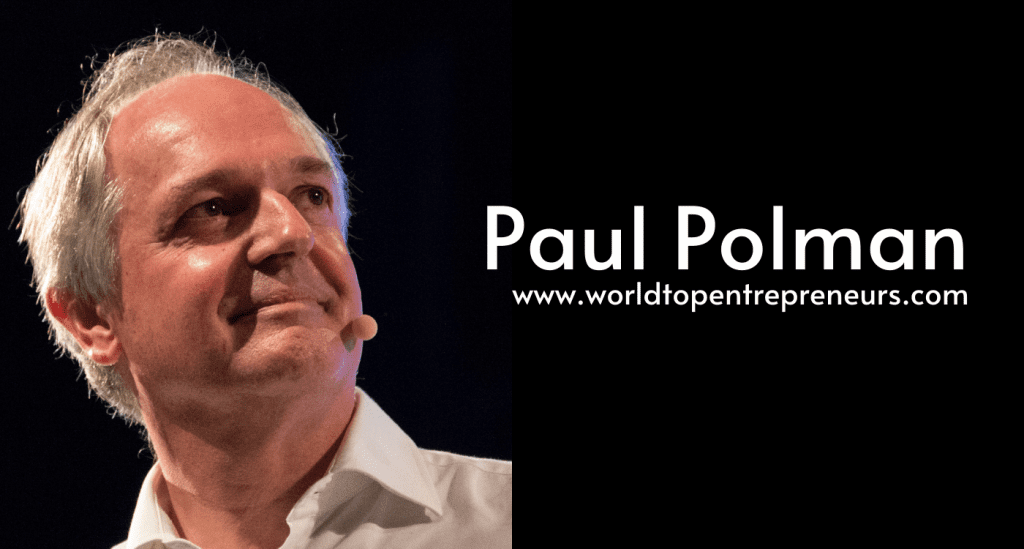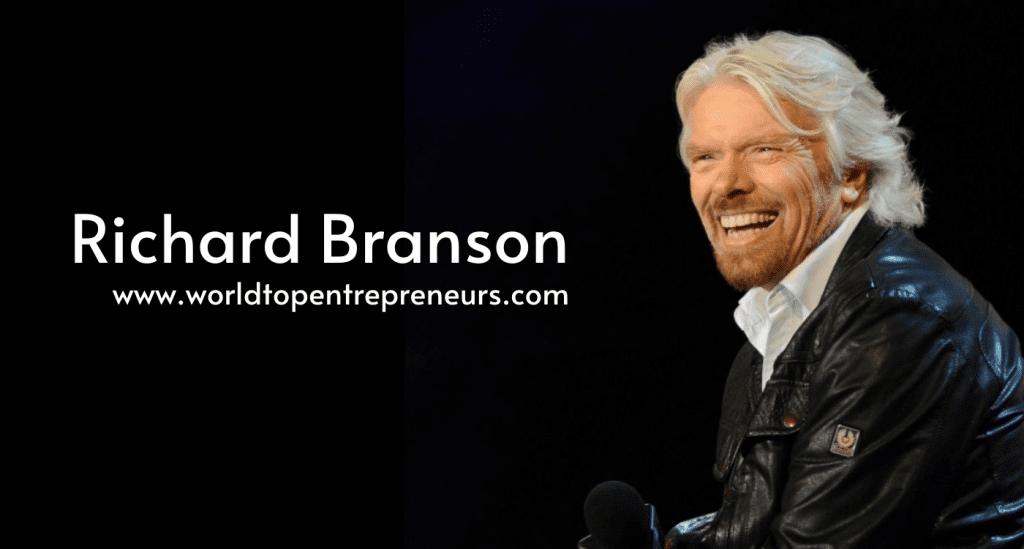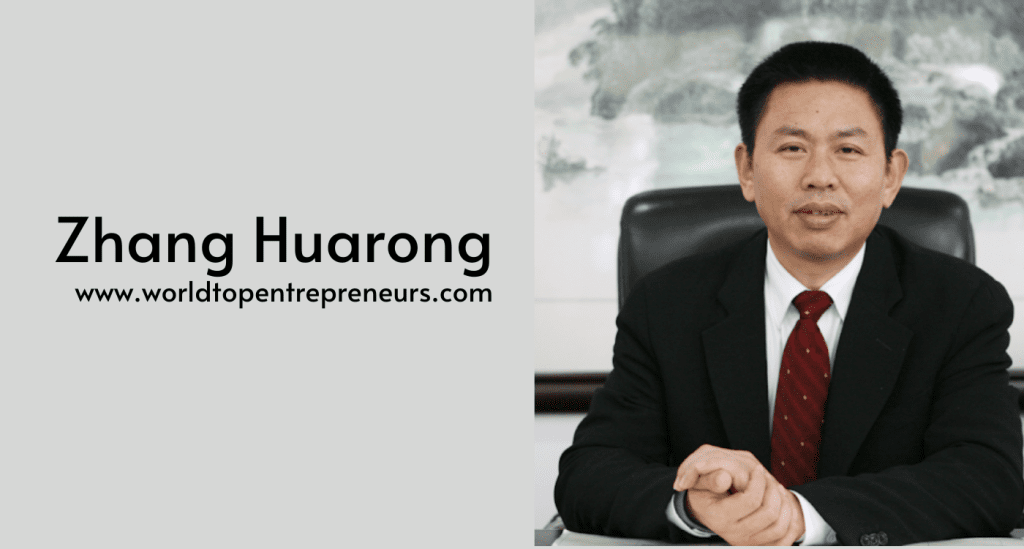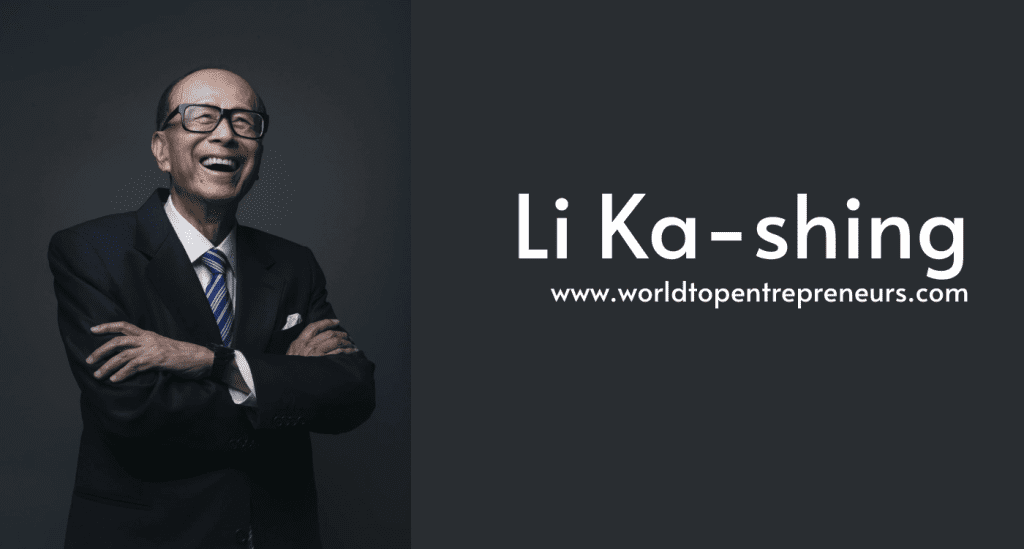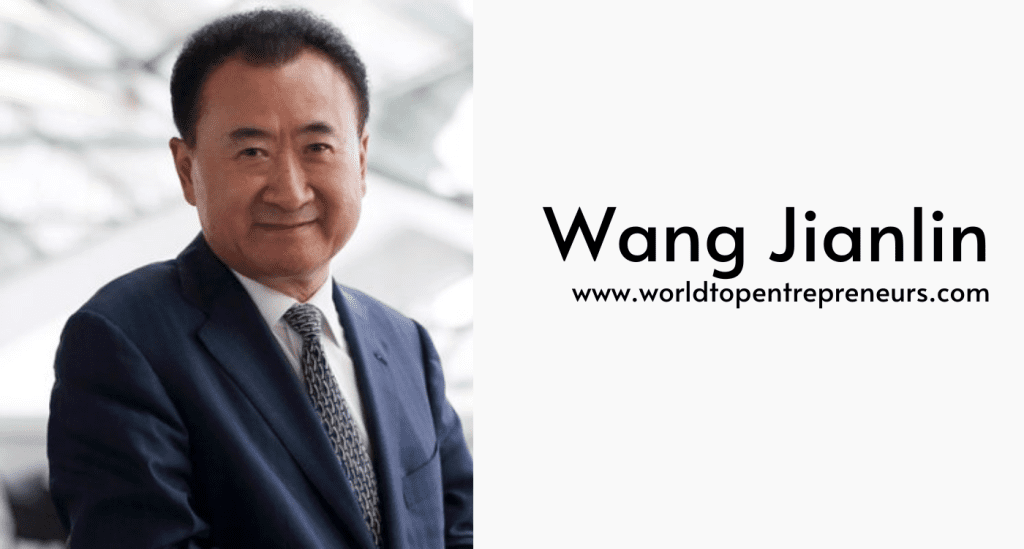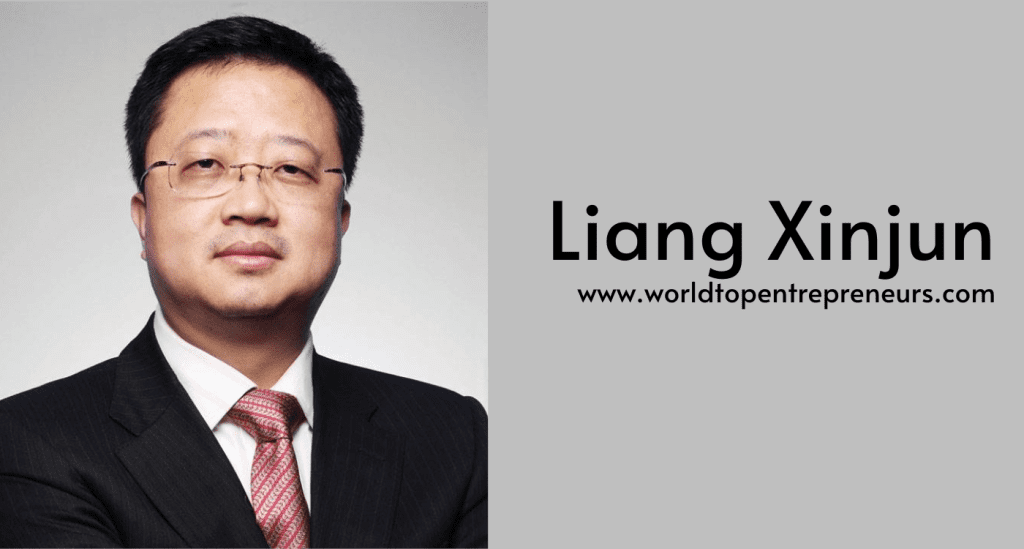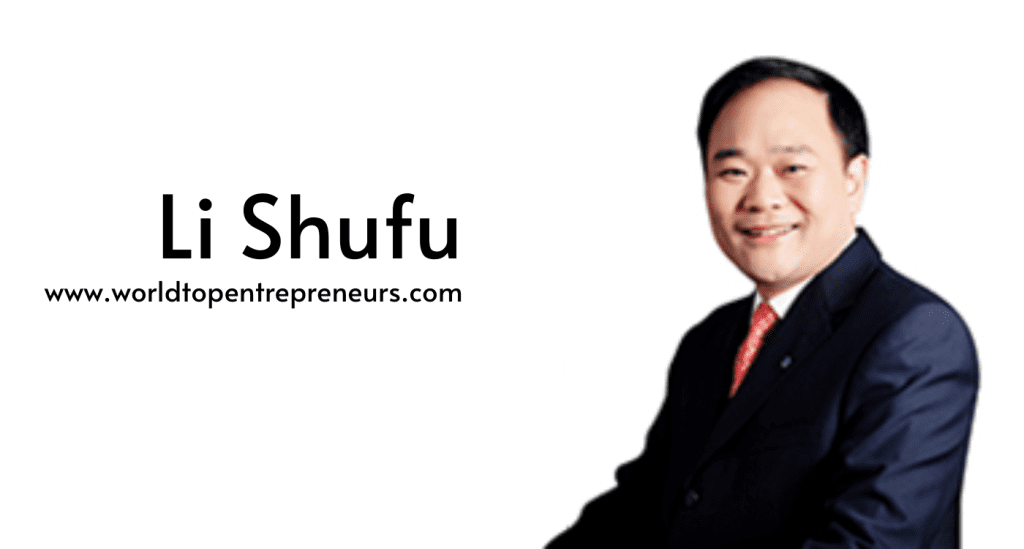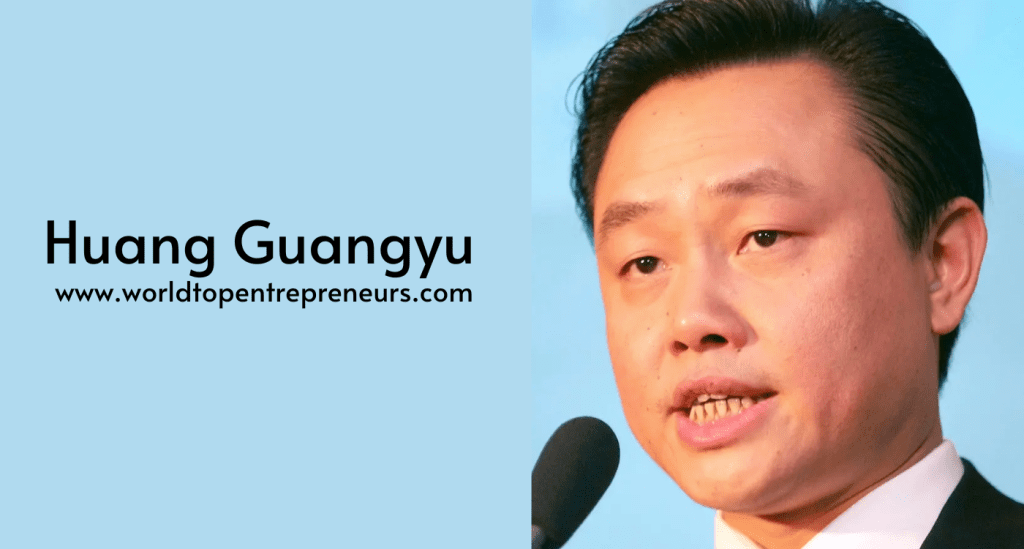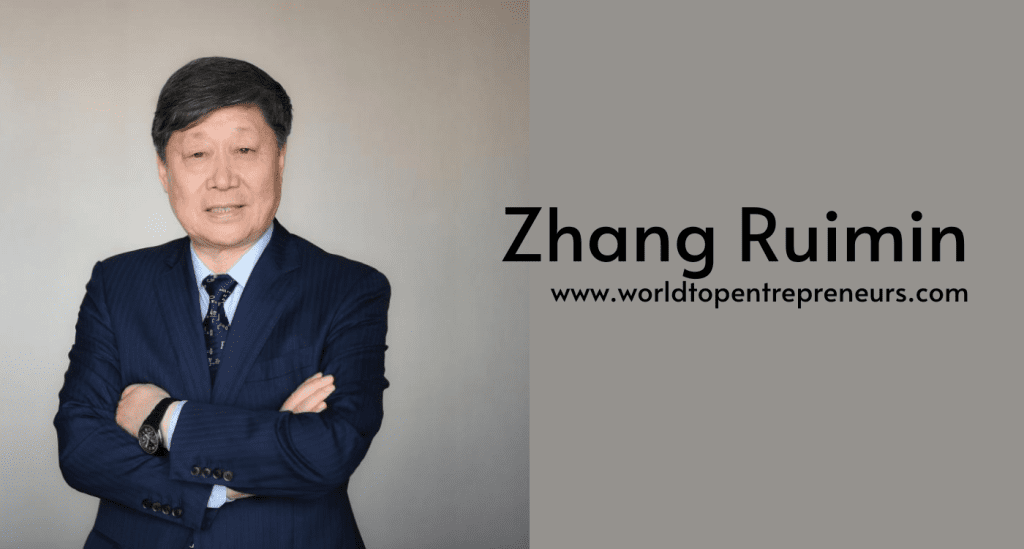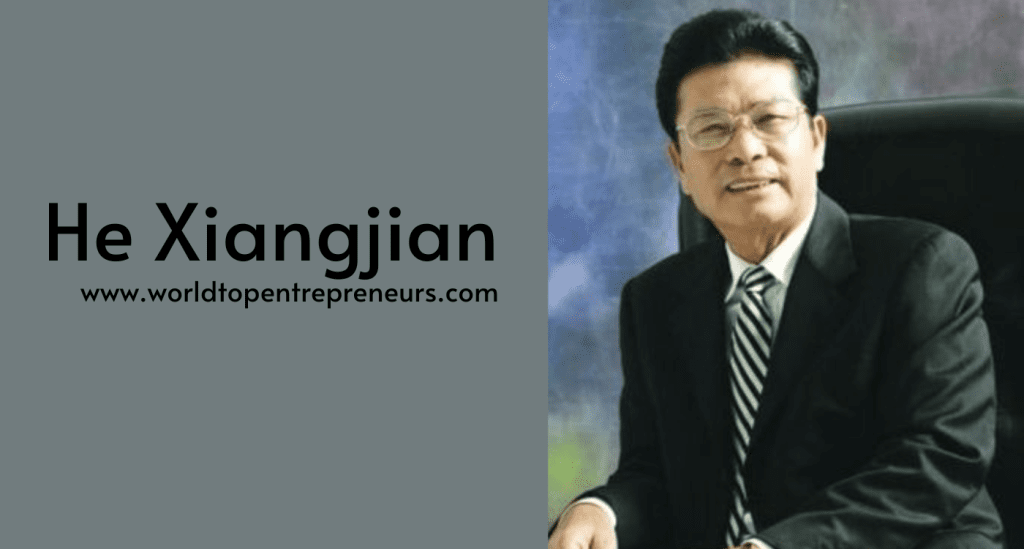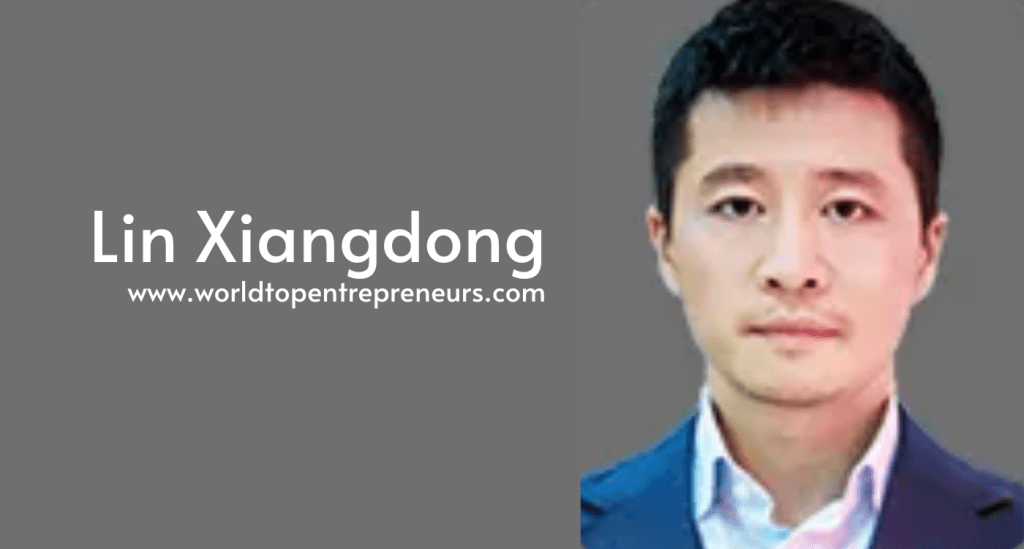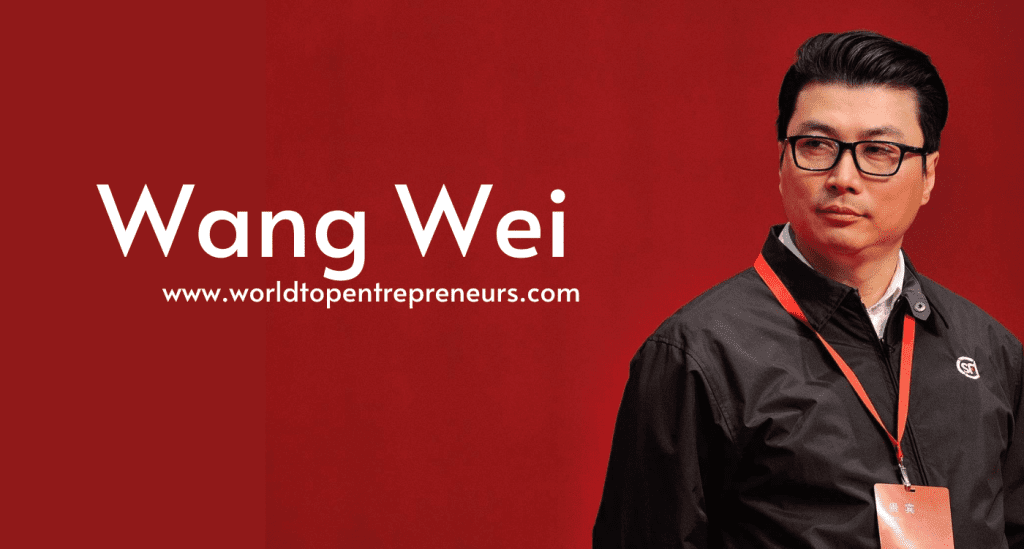Introduction
Takeo Fujisawa is a name that resonates profoundly within the automotive industry, particularly for his foundational role in Honda Motor Co., Ltd. His contributions, alongside Soichiro Honda, shaped the trajectory of one of the most influential automotive companies in the world. This article delves into the life, achievements, and lasting impact of Takeo Fujisawa, exploring his role as a co-founder and his strategic vision that propelled Honda to global prominence.
Early Life and Education
Humble Beginnings
Takeo Fujisawa was born on November 19, 1910, in the town of Ibaraki, Osaka, Japan. His early years were marked by the cultural and economic shifts of early 20th-century Japan, a period that set the stage for the rapid industrialization that would follow. Raised in a modest family, Fujisawa’s upbringing instilled in him values of perseverance and resourcefulness.
Fujisawa’s academic journey took him through the local educational system, where he demonstrated a keen aptitude for mechanical and engineering subjects. He attended the Osaka Technical College (now part of Osaka University) where he honed his technical skills and developed a deep interest in engineering and manufacturing. This educational background laid the foundation for his future contributions to the automotive industry.
Meeting Soichiro Honda
A Fortuitous Partnership
In 1948, Takeo Fujisawa crossed paths with Soichiro Honda, a mechanical engineer and entrepreneur with a vision to revolutionize transportation. This meeting marked the beginning of a transformative partnership. Soichiro Honda had already established a small engine repair shop, which would later evolve into Honda Motor Co., Ltd. Fujisawa’s entry into this partnership was pivotal, bringing with him essential business acumen and strategic insight.
The synergy between Fujisawa’s business expertise and Honda’s technical innovation created a powerful dynamic. While Honda focused on product development and engineering, Fujisawa provided the business strategies and operational framework needed to turn their shared vision into reality. This partnership was instrumental in shaping Honda’s future.
Founding Honda Motor Co., Ltd.
The Genesis of Honda
Honda Motor Co., Ltd. was officially founded on September 24, 1948. The company started as a small motorcycle manufacturer with a commitment to quality and innovation. Takeo Fujisawa played a crucial role in the establishment of the company’s structure and strategy. His understanding of market dynamics and business operations was key to navigating the early challenges and laying a strong foundation for growth.
Fujisawa’s vision extended beyond just creating a successful business; he aimed to build a brand synonymous with reliability and innovation. His approach to management and marketing helped Honda establish itself as a leading player in the motorcycle industry. Under his guidance, Honda not only grew its product line but also expanded its reach, both domestically and internationally.
Early Challenges and Triumphs
The early years of Honda were marked by both challenges and triumphs. The company faced stiff competition and economic uncertainties, but Fujisawa’s strategic decisions and leadership were instrumental in overcoming these hurdles. He focused on building a robust distribution network, improving manufacturing processes, and investing in research and development.
One of Honda’s early successes was the introduction of the “Dream D-Type” motorcycle, which became popular for its performance and reliability. This success was a testament to Fujisawa’s effective management and the company’s commitment to quality. The positive reception of Honda’s products set the stage for future growth and expansion.
Strategic Vision and Expansion
Diversification and Innovation
Takeo Fujisawa’s strategic vision was not limited to motorcycles. He recognized the potential for diversification and innovation as key drivers of Honda’s growth. Under his leadership, Honda ventured into the automobile market, which would become a significant part of the company’s portfolio.
In 1963, Honda introduced its first automobile, the T360 mini-truck. This entry into the automobile market was a bold move that reflected Fujisawa’s foresight and ambition. The success of the T360 laid the groundwork for subsequent automobile models and established Honda as a serious player in the automotive industry.
Fujisawa’s emphasis on innovation was evident in Honda’s approach to product development. The company invested heavily in research and development, leading to the creation of groundbreaking technologies. Honda’s commitment to innovation was exemplified by the introduction of the Civic, a compact car that became a global sensation for its fuel efficiency and performance.
Global Expansion and Market Penetration
Takeo Fujisawa’s leadership extended to Honda’s global expansion. He understood the importance of entering new markets and adapting to different regional demands. Fujisawa’s strategic decisions included establishing manufacturing facilities and distribution networks in key international markets.
Honda’s expansion into markets such as the United States and Europe was a significant milestone. The company’s success in these markets was a result of Fujisawa’s strategic planning and his ability to navigate complex international business environments. Honda’s global presence grew, and the company became recognized for its quality and innovation on a worldwide scale.
Legacy and Impact
Building a Lasting Legacy
Takeo Fujisawa’s contributions to Honda Motor Co., Ltd. left an indelible mark on the company and the automotive industry. His vision and leadership were instrumental in transforming Honda from a small motorcycle manufacturer into a global automotive powerhouse. Fujisawa’s emphasis on quality, innovation, and strategic expansion laid the groundwork for Honda’s continued success.
Fujisawa’s legacy is reflected in Honda’s reputation for reliability and innovation. The company’s commitment to technological advancements and customer satisfaction remains a testament to his influence. Honda’s continued success and global prominence are a direct result of the foundations laid by Fujisawa and his partnership with Soichiro Honda.
Inspirational Leadership
Takeo Fujisawa’s leadership style and strategic vision serve as an inspiration to entrepreneurs and business leaders. His ability to blend technical expertise with business acumen demonstrated the importance of a holistic approach to leadership. Fujisawa’s success story underscores the value of perseverance, innovation, and collaboration in achieving long-term goals.
His legacy continues to inspire new generations of leaders in the automotive industry and beyond. Fujisawa’s contributions serve as a reminder of the impact that visionary leadership and strategic thinking can have on shaping the future of an industry.
Conclusion
Takeo Fujisawa’s journey from a young engineer to the co-founder of Honda Motor Co., Ltd. is a remarkable story of vision, innovation, and leadership. His role in establishing and growing Honda has had a profound impact on the automotive industry, and his contributions continue to influence the company’s success today.
Fujisawa’s legacy is a testament to the power of strategic thinking, perseverance, and collaboration. His achievements in transforming Honda into a global automotive leader are a source of inspiration and a reminder of the potential for visionary leadership to shape the future. The story of Takeo Fujisawa is a celebration of excellence and a reflection of the enduring impact that one individual can have on an industry and the world.

